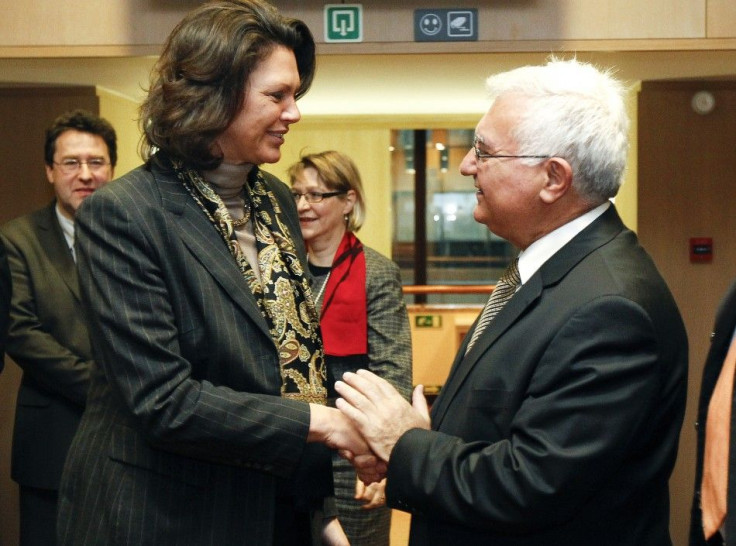Eurozone economy grew 0.3 pct in fourth quarter

Gross domestic product (GDP) of the eurozone grew 0.3 percent in the last quarter of 2010, mainly boosted by exports from the region, according to the second estimates released by Eurostat on Thursday.
Markets had expected eurozone’s GDP figure to be unrevised at 0.3 percent in the fourth quarter last year.
“The second estimate of euro-zone Q4 GDP provides some welcome signs that the economic recovery in the region is becoming a little more broad-based,” said Ben May, an economist with Capital Economics.
Exports from the eurozone countries rose 1.8 percent in the quarter, while imports grew 1.1 percent, while the gross capital formation declined 0.6 percent.
“Meanwhile exports rose by a solid 1.8 percent, suggesting that the recent strength of the euro is not yet having a major impact on the sector. Admittedly, investment fell slightly. But this is likely to have been partly down to a weather-related drop in construction investment,” said May.
Also, household final consumption expenditure increased by 0.4 percent in the final quarter of 2010, marking the biggest quarterly gain since Q3 2007.
Overall, eurozone GDP expanded 1.7 percent in 2010 compared with 4.1 percent contraction in 2009.
“Overall, then, some moderately encouraging signs here. But with the fiscal squeeze set to widen and intensify this year, the euro strong and the ECB threatening to hike rates, there are still good reasons to be cautious over the outlook for the region,” May added.
Seperately, the Eurostat data showed that retail sales in the region increased by 0.4 percent in January compared with 0.4 percent drop in December last year.
However, inflation in the eurozone rose from 2.3 percent in January to 2.4 percent in February year-on-year, reaching above the European Central Bank's target of slightly below two percent.
© Copyright IBTimes 2024. All rights reserved.











